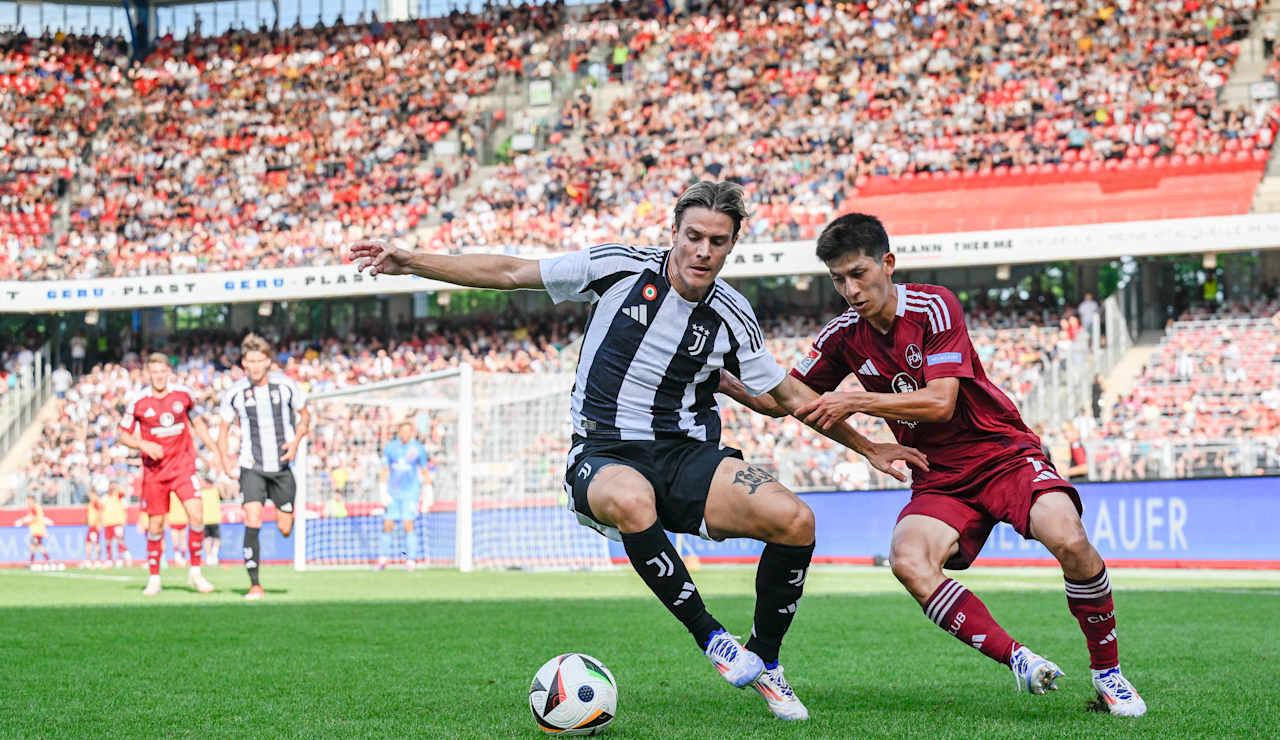ARTICLE AD
February 11, 2024 - 11:00 am

Juventus is experiencing a successful season compared to the previous campaign, during which they encountered numerous off-field issues that adversely impacted their on-pitch performances.
Under the management of Massimiliano Allegri, the Bianconeri have remained competitive in the Serie A title race, effectively utilising the available resources at their disposal. Allegri’s adeptness in adapting to varying circumstances has contributed significantly to Juventus’ performance.
Allegri’s proficiency in adapting to diverse situations and optimising available resources is noteworthy.
In recent times, Juventus has refrained from substantial spending on new players, aiming to achieve success with their existing squad.
Juventus has grappled with injuries to key players throughout the current season, with a significant portion of the squad spending time on the sidelines due to various injuries.
The frequency of injuries among Juventus players prompts speculation regarding the club’s training methods and their potential correlation with the injury rate.
Now, before we get into Juve’s training methods, it must be said that it is not like the bad old days when drugs were prevalent within the game.
Over the last decade, dozens of footballers across Italy’s top leagues have tested positive for banned substances, tarnishing the sport’s reputation. According to CasinoAlpha, at least 8 Serie A players faced doping-related suspensions. These cases of cheating not only undermine fair competition and athlete health but also significantly impact gambling, as manipulated matches and performances distort betting odds and markets. With millions wagered weekly on Italian football, both legally and illegally, the ripple effects of doping scandals go far beyond just the pitch.
That cannot be aimed at Juventus this time because the testing regimes are so thorough, so why has Juve been impacted so heavily by injuries this season?
Interestingly, most player injuries do not occur during matches, with many players sustaining injuries during training sessions before games.
Despite Allegri’s reputation as an esteemed coach who understands the nuances of preparing players for matches, there are indications that training intensity at Juventus may not be as rigorous as that of other clubs, as evidenced by Julian Nagelsmann’s observation about Matthijs de Ligt when he signed for Bayern Munich.
The prevalence of injuries raises questions about the overall physical preparedness of the players, indicating a potential discrepancy between training intensity and match demands.
Given these circumstances, it may not be prudent to immediately advocate for a reduction in training intensity. Instead, Juventus should conduct a thorough investigation to identify potential causes of the high injury rate, such as the presence of injury-prone players or dietary issues impacting player fitness. Addressing these underlying issues is crucial for mitigating the risk of injuries and optimising player performance.

 
 

.jpg) 9 months ago
97
9 months ago
97 

